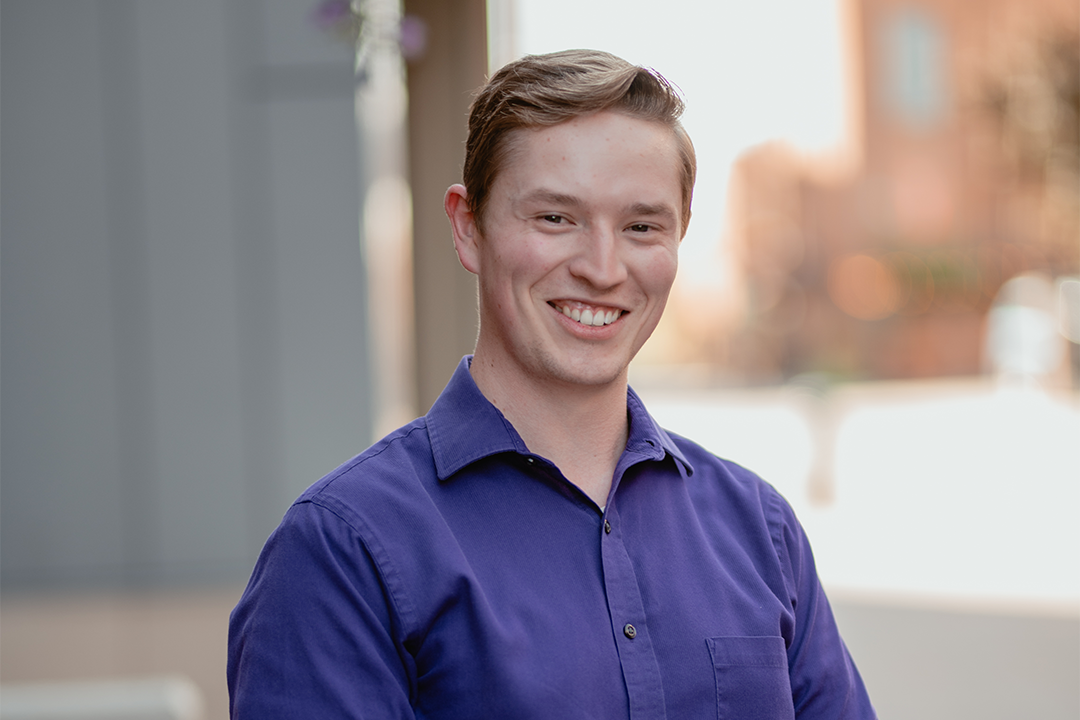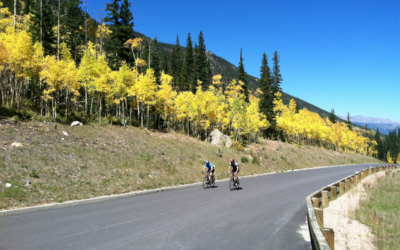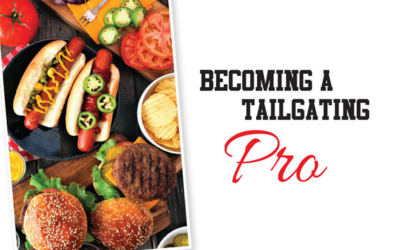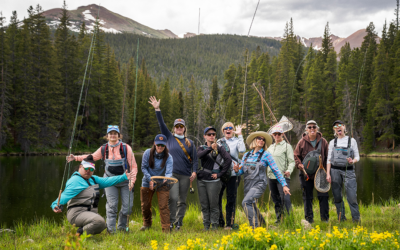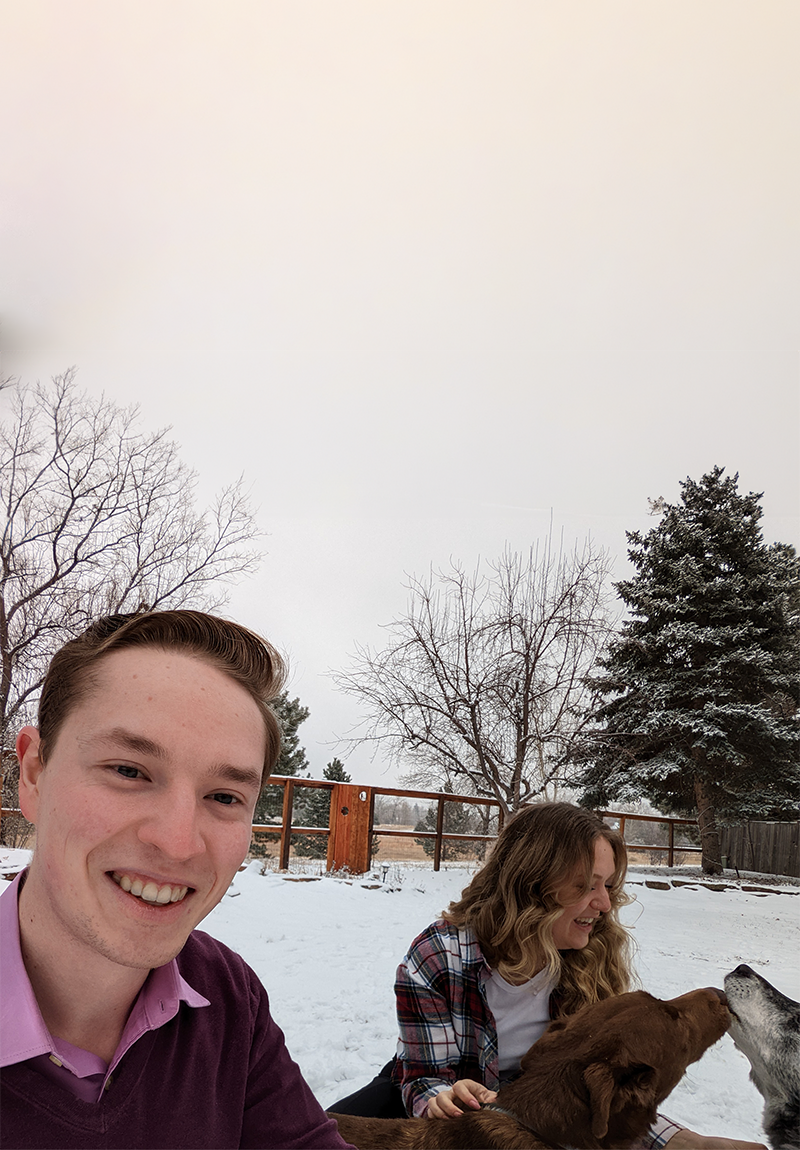
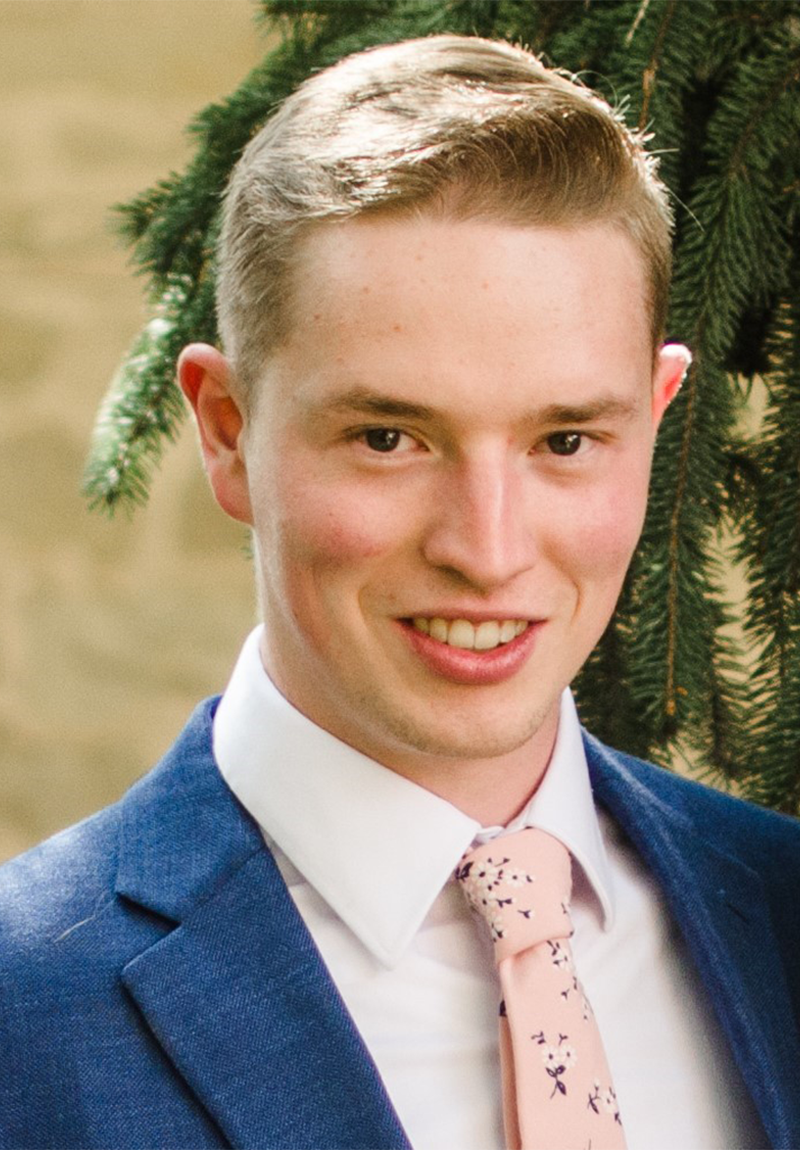
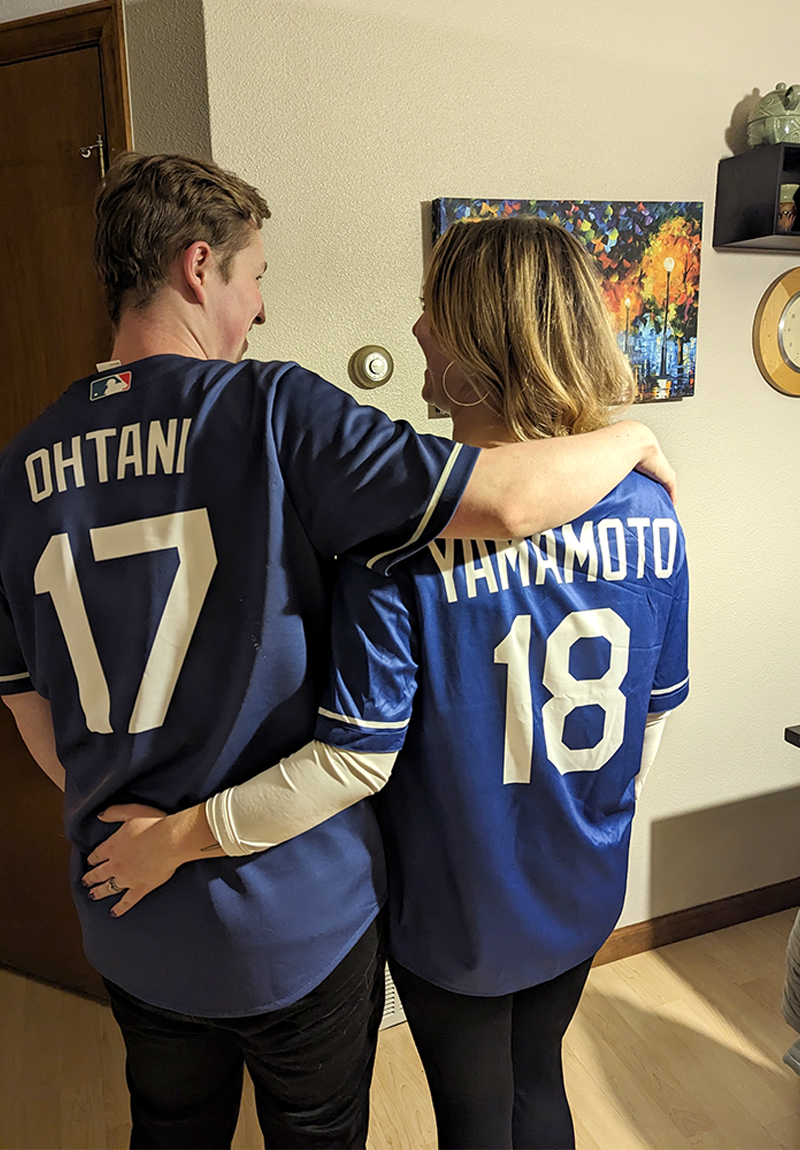
27 years old • Fort Collins
Author, instrument specialist II at Tolmar
What’s your occupation? Explain your career, accomplishments and professional highlights.
I am an independent author with a (slowly) growing bibliography. I have written three books and am currently working on two more. My company, Auberdine Publishing, is a member of the Independent Book Publishers Association. My latest book, “The Forlorn Trail,” was featured in their spring catalog, and it received first place in voting on eBookFairs. To fund my writing, I am also a physicist and analytical chemist. I currently work at a pharmaceutical company, Tolmar, in the research and development laboratory.
Tell us about yourself, your history and how you came to be where you are now.
I self-published my first novel as a sophomore in college. I did not understand the business side of things, and the novel was an immediate flop. I spent the next two years reviewing my work and refining my style. When I finished “The Innkeeper and the Cannibal,” I spent a year shipping it to literary agents. When nobody agreed to take on the project, I decided I would do it myself. I learned how to publish the right way, started my own company and joined the Independent Book Publishers Association for support. I have shipped more than 3,000 copies since publication.
Tell us something unique about you.
In high school, I struggled to strike a balance between being seen and being respected. A lot of people probably thought I’d end up in jail. Eventually I realized I was the joke, not my antics. For that reason, I chose to study physics in college. Not because it came naturally to me, but because it did not. I wanted to challenge myself.
What do you consider your biggest accomplishment or challenge you’ve overcome, either professionally or personally?
My biggest professional accomplishment is continuing to write the books I would want to read, even if that limits their marketability. My biggest personal accomplishment is getting sober during college. It is far easier to edit a manuscript when you are off the herb, as it were.
Where do you see yourself in five years? In 10 years?
I have a sneaking suspicion that I am going to get into watercolors at some point. In all seriousness, I would like to be more present for my family and friends. I think it’s too easy when you create your own work hours to treat your family members like coworkers.
What piece(s) of advice would you give to your younger self?
Do not get mean when the world is mean to you. Even if it has a broken leg, a few people will approach a rabid animal.
What do you get out of writing?
It depends on the project. “The Innkeeper and the Cannibal” was a reflection on my father’s mental illness, my mother’s trauma after brain surgery and my own addictions. It was a deeply personal novel that was as close to an autobiography as I have ever written. On the other hand, “The Forlorn Trail” has been a greatest hits compilation of everything I think is cool, awe-inspiring and thought-provoking. That project still has a lot of philosophy regarding masculinity, misinformation and addiction, but it is more focused on telling a story nobody has told before. In brief, writing is my way of cataloging my brain, paying homage to what I adore and teaching lessons I think are important to learn. In that way, the writing gets more out of me than I get out of it.
What did you go through to self-publish your books?
My first book, “Hear No Talk of Human,” was released through Amazon when I was in college. I wrote the 500 pages over the course of a summer break, did a single editing pass and then released it with no marketing plan. It was an obvious dud. After that experience, I slowed everything down. I started outlining every chapter, exploring characterization and critically examining the flaws in my writing. I wrote “Innkeeper” methodically, editing while I drafted. When I finished the manuscript, I had beta readers comb through it looking for flaws. When all was done, I knew I could not publish on Amazon again. Books published through Amazon have a reputation for bad quality (justly earned, I would say). I learned about publishing through IngramSpark as well as getting my books in physical bookstores and registering copyright. All of that naturally led me to starting my own publishing company.
Tell us more about your sobriety story.
I got sober because I feared who I was becoming. When people would go on errands at 10 a.m., I would run outside and smoke a bowl. Then, to make sure nobody could tell I was high, I would take a shower and brush my teeth. I tried to regulate myself, but I had a peculiar knack for acquiring weed for free. At the culmination of everything, I had two trash bags full of weed. You can plug a leak, but there’s no damming the Pacific. I knew I could not control it. So, one night after everyone went to bed, I burned all of the weed in our firepit. The neighborhood reeked. My favorite character in “Innkeeper” is a man named Galahad who rises above his abusive father and tries to be great, but in the end, he falls prey to the same vices. In a lot of ways, his story started off like mine. But then I quit doing drugs halfway through writing and Galahad did not. He instantly went from the easiest character to write to the hardest. Whereas before I could describe the eye of the storm because I was in it, I then had to observe it from afar. Galahad remained my strongest character, but it was because he became the anti-Jacob, a warning to my own psyche and a sick exploration of what could have been.

